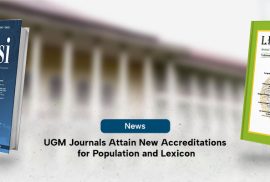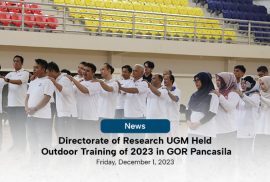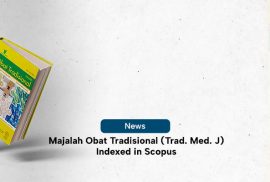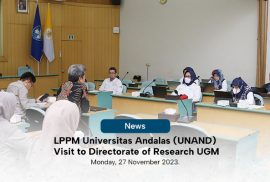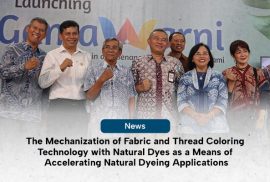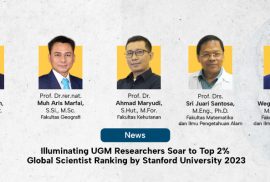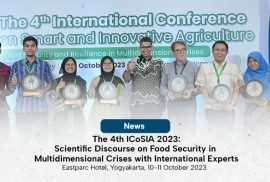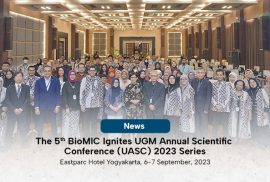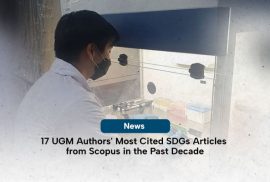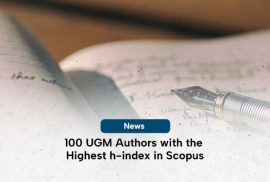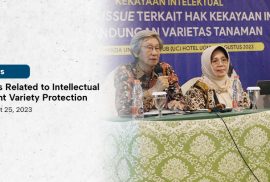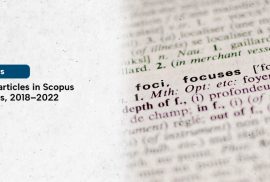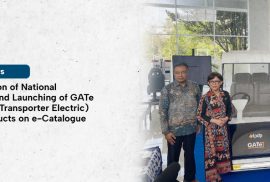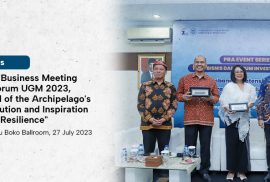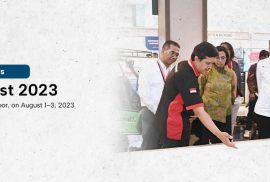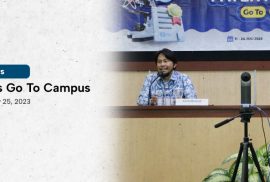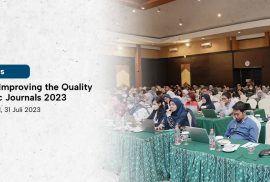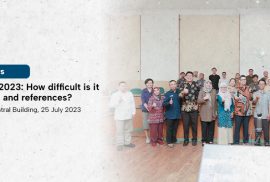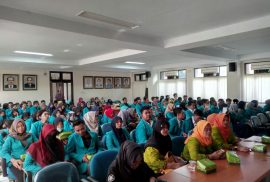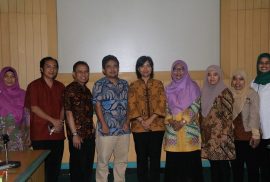Arsip:
News
The number of nationally accredited journals at UGM has increased. According to the Decree of the Director General of Higher Education, Research, and Technology of the Ministry of Education, Culture, Research, and Technology Number 152/E/KPT/2023 […].
Engaging in outdoor activities is recognized as an effective means of fostering and enhancing self-confidence among participants. Moreover, such activities are acknowledged as therapeutic interventions conducted in the natural wilderness, involving the participation in challenging […].
On 14 November 2023, the data of articles published by Majalah Obat Tradisional (Trad. Med. J) has been included into Scopus database for publication released in 2019. This signifies that Majalah Obat Traditional has successfully […].
Monday, 27 November 2023, Directorate of Research Universitas Gadjah Mada (UGM) welcome a visit from LPPM (Lembaga Penelitian dan Pengabdian kepada Masyarakat) of Universitas Andalas (UNAND) led by Dr. -Ing.
To date, Indonesia still utilizes and imports synthetic dyes for textiles in large capacity. On the other hand, Indonesia boasts a cultural tradition of employing natural dyes, known for their significant benefits to bodily well-being.
Stanford University has released a list of the most influential researchers in 2023. Within this list, five researchers from Universitas Gadjah Mada (UGM) have secured a position in the Top 2% World Ranking Scientists.
The second series of UGM Annual Scientific Conference (UASC) 2023 invites experts in the field of agriculture on the 4th International Conference on Smart and Innovative Agriculture (ICoSIA 2023).
UGM Annual Scientific Conference (UASC) 2023 is commenced by the 5th Bioinformatics, Biotechnology, and Biomedical Engineering Conference (BioMIC 2023) held on 6-7 September 2023 in Grand Ballroom of Eastparc Hotel, Yogyakarta.
Image source: cnnindonesia.com Most cited UGM’s scientific articles on 17 SDGs subjects in Scopus for the past 10 years until 14 September 2023 are: No poverty, Factors Determining Social and Environmental Reporting by Indian Textile […].
Image sources: Aaron Burden on Unsplash The h-index is a metric used to assess the impact of a scientist’s research publications within their respective field of expertise.
On Friday, August 25, 2023, the Directorate of Research of Universitas Gadjah Mada (UGM) held a Focus Group Discussion on the Preparation of Intellectual Property (IP) Curriculum Supporting Modules, with the theme, “Current and […].
Image source: https://unsplash.com/photos/ywqa9IZB-dU The credibility and relevance of researchers is reflected by many indicators, one of which is the number of citations or citations as references to other research.
Universitas Gadjah Mada has received a government mandate to carry out research and development of an electric train specifically for the airport area. This vehicle is named GATe (Gadjah Mada Airport Transporter Electric).
The Directorate of Research of Universitas Gadjah Mada organized the UGM 2023 Business Meeting and Investment Forum Pre-Event Series activities on Thursday, July 27, 2023 at the Ratu Boko Palace Temple Tourism Park Ballroom.
Ir. H. Joko Widodo, President of the Republic of Indonesia, Minister of Finance of the Republic of Indonesia, Sri Mulyani Indrawati, S.E., M.Sc., Ph.D.), Minister of Education of the Republic of Indonesia Mr.
On Tuesday, July 11, 2023 at the Auditorium Building of the Graduate School of Universitas Gadjah Mada (UGM), a Patent Document Drafting Workshop was held that was attended by lecturers, researchers, research assistants, and students […].
The Directorate of Research of Universitas Gadjah Mada (UGM) organized the “Workshop and FGD on Improving the Quality of UGM Scientific Journals in 2023,” which was held on Monday, July 31, 2023 in Bulaksumur Room, […].
In order to improve the quality and quantity of book manuscripts produced by UGM, both by lecturers and education staff, the Directorate of Research held a “2023 Book Writing Workshop” on Tuesday, July 25, 2023 […].
On Friday, March 2sd 2018, students of Bakti Indonesia University visited UGM. It held at Ruang Pertemuan Pusat Inovasi Agroteknologi (PIAT’s meeting room) in Tirtomartani, Berbah, Sleman, which was attended by 100 students’ representative from […].
Involvement of industry becomes the key driver in order to accelerate innovation process, increase capacity and capability of research and development actors in industrial sector, and improve products of domestic industry, as well as provide […].

